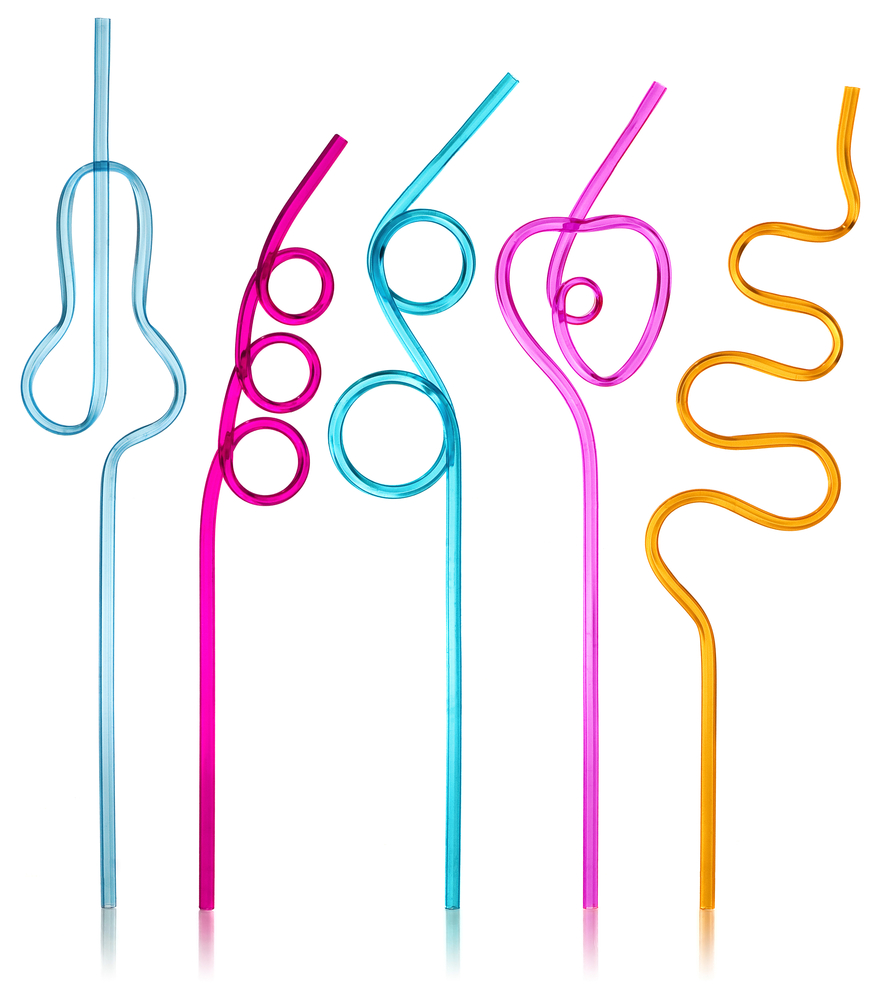With or without a straw: Which is better for your teeth?

During the summer months, staying hydrated is essential, and enjoying a refreshing drink is a great way to do that. However, it’s also essential to consider the impact that these drinks can have on our oral health.
A common query that often arises is whether it is preferable to utilize a straw when drinking. In this article, we’ll explore the advantages and disadvantages of using a straw for oral health, aiming to aid you in deciding the most appropriate option based on your requirements.
Advantages of using a straw for oral health:
- Reduced contact with teeth: When you use a straw for drinking, the liquid bypasses your teeth, reducing the amount of contact that sugary or acidic drinks have with your enamel. This can help prevent erosion and decay.
- Minimized staining: Straws can also help reduce staining caused by dark-colored beverages like coffee, tea, and red wine.
- Less exposure to hot or cold drinks: When you use a straw, your lips don’t come into contact with hot or cold liquids, reducing the risk of burns or sensitivity.
- For individuals with braces or other orthodontic appliances, employing a straw can be particularly beneficial. The straw allows the person to drink without worrying about damaging the brackets or wires.
Disadvantages of using a straw:
- Wrinkles around the mouth: Repeated use of straws can cause wrinkles around the mouth, known as “smoker’s lines.” However, this concern typically applies primarily to individuals who regularly use straws.
- Some people may find that using a straw increases air intake, which can cause bloating and other digestive issues.
- In such situations, it is recommended to refrain from using a straw.
- Straws can be harmful to the environment: Disposable plastic straws are a significant environmental hazard and should be avoided whenever possible. Reusable straws, made from silicone, metal, or glass, are more sustainable.
Is it really an oral health problem to drink without a straw?
While using a straw can be beneficial for your oral health, it’s not necessarily a problem to drink without one. It’s important to note that while using a straw can help reduce contact with sugary and acidic drinks, it doesn’t completely eliminate the risk of oral health issues. It’s still necessary and highly recommended to brush and floss regularly and to limit the consumption of sugary and acidic drinks as much as possible.
Which types of straws are better for oral health?
Reusable straws made from materials like silicone, metal, or glass are the best options for oral health. They are easy to clean and don’t contain harmful chemicals like disposable plastic straws. When choosing a straw, it’s important to choose the right size. A straw that is a bit more narrow can require the person to suck too hard, which can lead to dry mouth and other oral health issues. A straw that is a bit too wide can allow too much liquid to pass over the teeth, negating the benefits of using a straw in the first place.
Unique and fun facts:
- Did you know that the earliest recorded straw was found in a Sumerian tomb from 3000 BCE? It was made from gold and lapis lazuli!
- In the 19th century, straws were made from paper, but they often became soggy and fell apart. As a result, the modern plastic straw was introduced during the 1960s.
- In the United States, it’s estimated that around 500 million straws are used every day!
In conclusion, using a straw can be beneficial for your oral health, as it reduces contact with sugary and acidic drinks, minimizes staining, and reduces the risk of burns or sensitivity. However, it’s important to choose reusable straws made from sustainable materials like silicone, metal, or glass. Remember, while using a straw is a helpful tool, maintaining good oral hygiene through regular brushing and flossing and visiting your dentist for cleanings and fillings as needed is an essential factor in maintaining good oral health. It is always recommended to seek guidance from your dentist or dental hygienist should you have any concerns regarding your oral health. They can provide personalized treatments and offer recommendations on maintaining good oral hygiene. Your dentist can help you on your oral health journey by reducing your risk of tooth decay, gum disease, and additional oral health concerns.
